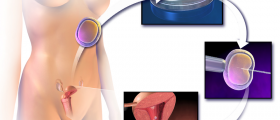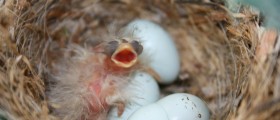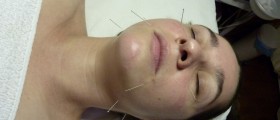
A research team with doctors from the UK's Princess Anne Hospital in Southampton and the Dutch University Medical Center Utrecht took samples from 12 women's wombs. Out of those, six had suffered from recurrent losses (defined as three miscarriages in a row), while six had normal pregnancies. Lead author Prof Nick Macklon said: "In half of women who have recurrent miscarriages, we don't know what the cause is, and many affected women feel guilty that they are simply rejecting their pregnancy. But we have discovered it may not be because they cannot carry; it is because they may simply be super-fertile, as they allow embryos which would normally not survive to implant." How did the study team come to this conclusion?
They experimented with embryos, or good quality and poor quality, and placed them in a channel between two strips of uterine cells collected from the study participants. Uterine cells from women with normal fertility grew to reach out only to those embryos of a sufficient quality to be able to survive. The "super fertile" cells from the women who had recurrent instances of early pregnancy loss reached out to any embryo, regardless of its quality. So apparently, women who have repeated miscarriages are not rejecting healthy and viable embryos. Instead, the body is catching up, and doing what nature would have done well before in most women. Further research is obviously needed on this topic. Yet this small study offers some amazing insights that could help many people prevent miscarriage in the future.
















Your thoughts on this
Loading...